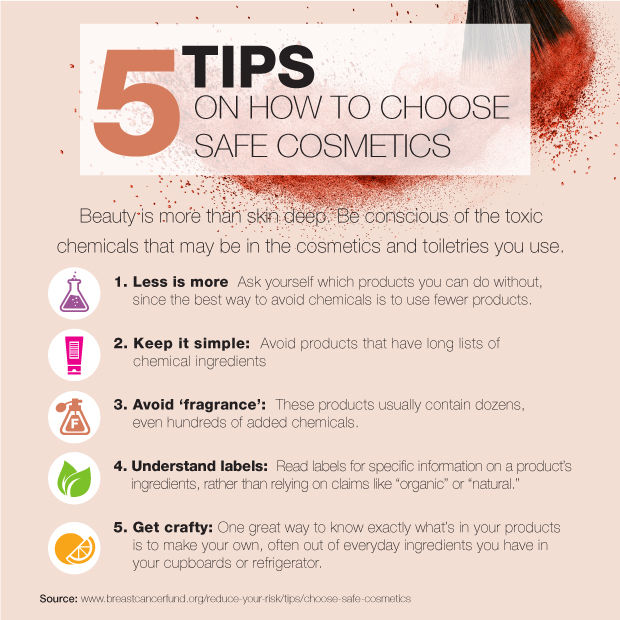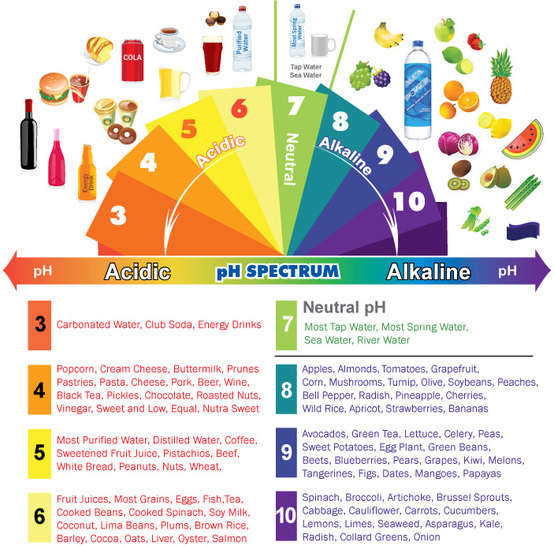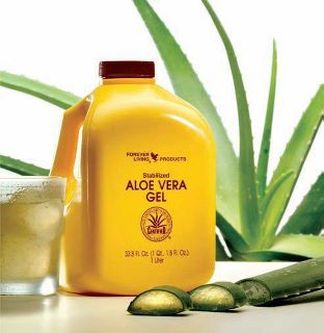Aloe vera, or Aloe barbadensis, is a thick, short-stemmed plant that stores water in its leaves. It is best known for treating skin injuries, but it also has several other uses that could potentially benefit health. The cosmetic, pharmaceutical, and food industries use aloe vera extensively, and the plant has an estimated annual market value of $13 billion!
Studying the unique benefits of aloe vera can help us gain insight as to why this humble plant is beneficial not just for our nutrition, but also in the treatment of skin issues and stomach problems. Since Aloe vera contains vitamins and minerals, as well as potent hormones, enzymes, and chemical compounds, it may be used effectively to help support our health and promote wellness in a multitude of ways.
Aloe vera can be consumed orally. However, because it may cause unwanted side effects when misused, most experts recommend that people avoid using the whole fresh plant without proper guidance. Those who want to enjoy its benefits should ideally use Forever Living products that have been appropriately processed.
The following lists 11 health benefits of Aloe Vera
1. Aloe vera helps support the immune system
Scientific studies have shown that some of the chemical compounds found in Aloe vera gel may help to improve our white blood cells’ ability to fight against microorganisms. These compounds are known to make our white blood cells more capable of killing bacteria. Aloe vera gel may also help make our white blood cells more capable of damaging harmful microorganisms in the body, and making them more capable of dealing with free radicals.
2. Aloe vera helps reduce inflammation
Studies have shown that the chemical compound C-glucosyl chromone, typically found in aloe vera gel, may provide a potent activity against inflammation. This compound directly slows down the body's ability to produce hormones that cause pain and trigger inflammation.
3. Aloe Vera helps lowers blood sugar levels
People sometimes use aloe vera as a remedy for diabetes. This is because it may enhance insulin sensitivity and help improve blood sugar management. For example, a review of eight studies found that aloe vera could have benefits for people with prediabetes or type 2 diabetes due to its effects on glycemic control.
4. Aloe vera contains antioxidants and antibacterial properties
Antioxidants are important for health. Aloe vera gel contains powerful antioxidants belonging to a large family of substances known as polyphenols. These polyphenols, along with several other compounds in aloe vera, help inhibit the growth of certain bacteria that can cause infections in humans. Aloe vera is known for its antibacterial, antiviral, and antiseptic properties. This is part of why it may help heal wounds and treat skin problems.
5. Aloe vera helps reduce constipation
Aloe vera may also help treat constipation as it contains Anthraquinones which are chemical compounds that typically act as laxatives when consumed. The most widely known anthraquinone that can be found in aloe vera is Aloin. Aloin contains analgesic, antibacterial, and antiviral properties. . This time it is the latex, not the gel, that provides the benefits. The latex is a sticky yellow residue present just under the skin of the leaf. The key compound responsible for this effect is called aloin, or barbaloin, which has well-established laxative effects.
6. Aloe vera contains wholesome plant compounds
Aloe vera is known for its thick, pointed, and fleshy green leaves, which may grow to about 12–19 inches (30–50 centimeters) in length. Each leaf contains a slimy tissue that stores water, and this makes the leaves thick. This water filled tissue is the “gel” that people associate with aloe vera products.
The gel contains most of the beneficial bioactive compounds in the plant, including vitamins, minerals, amino acids, and antioxidants.
7. Aloe vera helps reduce dental plaque
Tooth decay and diseases of the gum are very common health problems. One of the best ways to prevent these conditions is to reduce the buildup of plaque, or bacterial biofilms, on the teeth.
In a mouth rinse 300 healthy people, researchers compared 100% pure aloe vera juice with the standard mouthwash ingredient chlorhexidine.
After 4 days of use, the aloe vera mouth rinse appeared to be just as effective as chlorhexidine in reducing dental plaque.
Another study found similar benefits of aloe vera mouth rinse over a 15- to 30-day period.
Aloe vera is effective in killing the plaque-producing bacterium Streptococcus mutans in the mouth, as well as the yeast Candida albicans.
8. Aloe vera helps treat canker sores
Many people experience mouth ulcers, or canker sores, at some point in their lives. These usually form underneath the lip, inside the mouth, and last for about a week.
Studies have shown that aloe vera treatment can accelerate the healing of mouth ulcers.
For example, in a 7-day study of 180 people with recurrent mouth ulcers, applying an aloe vera patch to the area was effective in reducing the size of the ulcers. In another study, aloe vera gel not only accelerated the healing of mouth ulcers, it also reduced the pain associated with them.
9. Aloe Vera accelerates wound healing
People most often use aloe vera as a topical medication, rubbing it onto the skin rather than consuming it. In fact, it has a long history of use in treating sores, and particularly burns, including sunburn.
Studies suggest that it is an effective topical treatment for first and second degree burns.
For example, experimental studies found that aloe vera could reduce the healing time of burns by around 9 days compared with conventional medication. It also helped prevent redness, itching, and infections.
10. Aloe Vera may improve skin and prevent wrinkles
There is some preliminary evidence to suggest that topical aloe vera gel can slow aging of the skin. In a 2009 study of 30 females over the age of 45, taking oral aloe vera gel increased collagen production and improved skin elasticity over a 90-day period. Reviews also suggest that aloe vera could help the skin retain moisture and improve skin integrity, which could benefit dry skin conditions.
11. Aloe vera may help kill microorganisms
Research has shown that aloe vera contains six chemical compounds that all have potent antiseptic properties. These chemical compounds include salicylic acid, urea nitrogen, phenols, cinnamic acid, lupeol, and sulfur. These compounds found in aloe vera may have the potential to limit infection when used correctly.

















